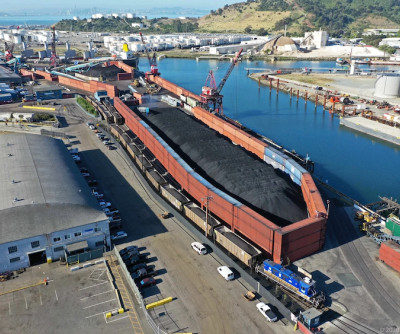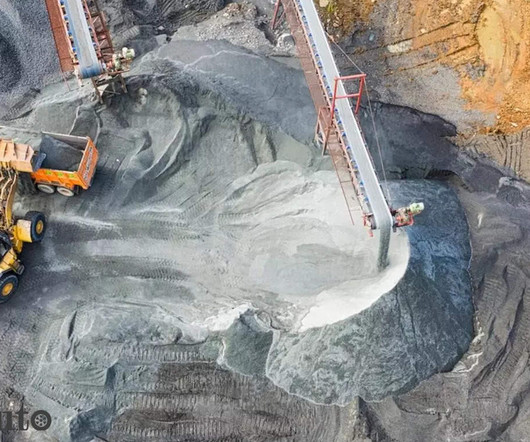University of Utah engineers develop fast method to convert algae to biocrude
Green Car Congress
MARCH 18, 2019
Researchers at the University of have developed an unusually rapid method to deliver cost-effective algal biocrude in large quantities using a specially-designed jet mixer. —University of Utah chemical engineering assistant professor Swomitra “Bobby” Mohanty, co-author. —Leonard Pease, co-author. Mohanty, John D.





















Let's personalize your content